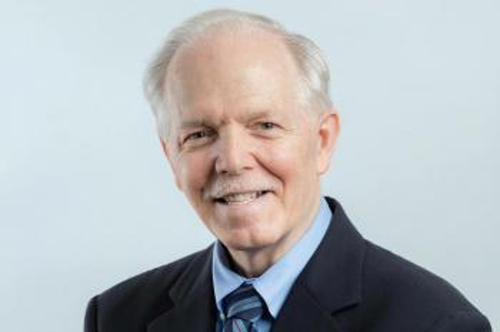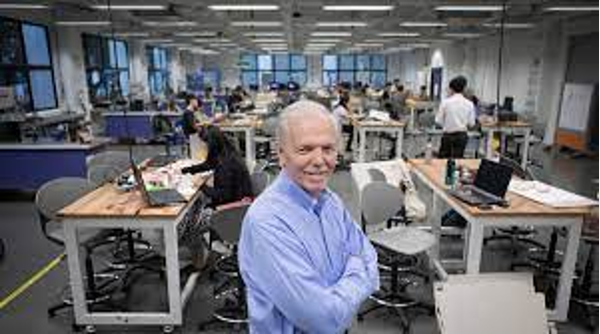New Visions for Better Transportation

We typically experience transportation problems from the ground up. Waiting for a delayed bus, packing ourselves into a subway car, or crawling along in traffic, it is common to see such systems struggling at close range. Yet sometimes transportation solutions come from a high-level, top-down approach. That was the theme of the final talk in MIT’s Mobility Forum series, delivered on Friday by MIT Professor Thomas Magnanti, which centered on applying to transportation the same overarching analytical framework used in other domains, such as bioengineering.
Magnanti’s remarks focused on a structured approach to problem-solving known as the 4M method — which stands for measuring, mining, modeling, and manipulating. In urban transportation planning, for instance, measuring and mining might involve understanding traffic flows. Modeling might simulate those traffic flows, and manipulating would mean engineering interventions: tolls, one-way streets, or other changes. “These are four things that interact quite a bit with each other,” said Magnanti, who is an Institute Professor — MIT’s highest faculty distinction — and a professor of operations research at the MIT Sloan School of Management. “And they provide us with a sense of how you can gather data and understand a system, but also how you can improve it.”
Magnanti, a leading expert in operations research, pointed out that the 4M method can be applied to systems from physics to biomedical research. He outlined how it might be used to analyze transportations-related systems such as supply chains and warehouse movements. In all cases, he noted, applying the 4M concept to a system is an iterative process: Making changes to a system will likely produce new flows — of traffic and goods — and thus be subject to a new set of measurements. “One thing to notice here, once you manipulate the system, it changes the data,” Magnanti observed. “You’re doing this so you can hopefully improve operations, but it creates new data. So, you want to measure that new data again, you want to mine it, you want to model it again, and then manipulate it. … This is a continuing loop that we use in these systems.”
Magnanti’s talk, “Understanding and Improving Transportation Systems,” was delivered online to a public audience of about 175 people. It was the 12th and final event of the MIT Mobility Forum in the fall 2021 semester. The event series is organized by the MIT Mobility Initiative, an Institute-wide effort to research and accelerate the evolution of transportation, at a time when decarbonization in the sector is critical.
For more, please click here.

